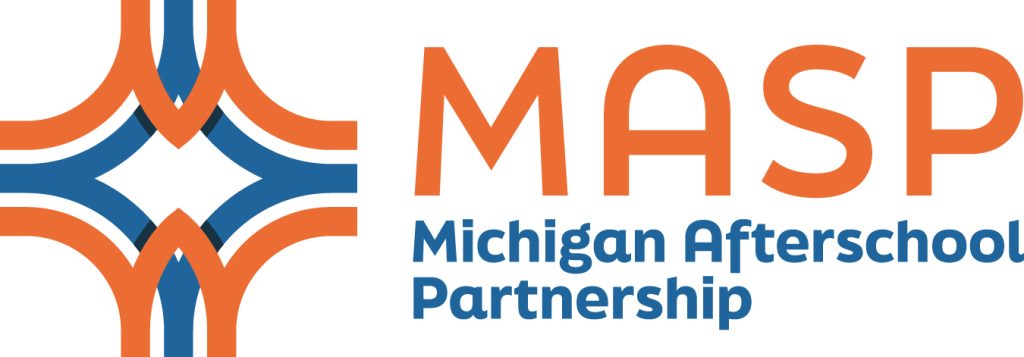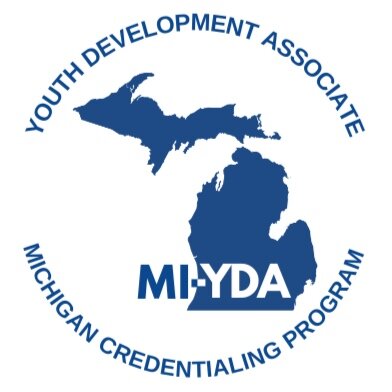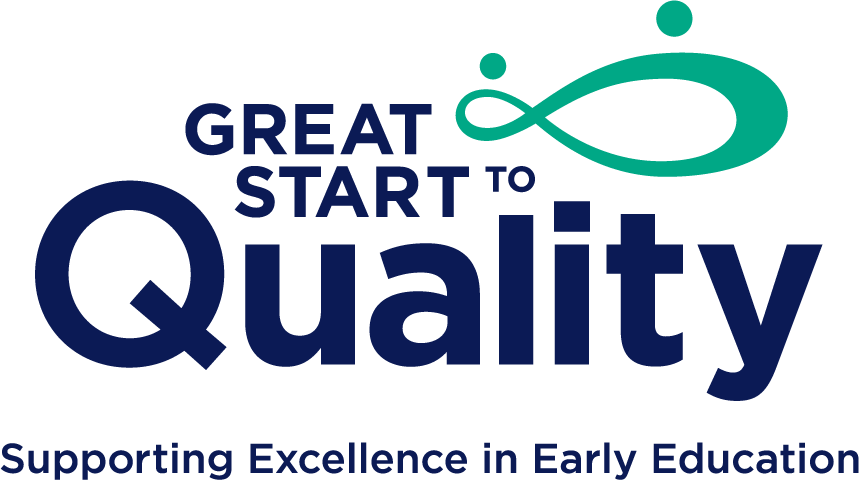
School-age
Great Start to Quality includes all licensed school-age programs to better support providers in improving quality and giving families the tools to make informed choices about care for their school-agers.
Quality Improvement Process
Programs serving school-age only follow the same process to achieve quality levels as other child care programs. Quality Indicators in the Self-Reflection are based on the ages of the children served in the program. Specific school-age indicators will be included in the program’s Self-Reflection if applicable.
Self-Assessments
A great way to learn about the tool and experience it in programs is to use the Self-Assessment that provides a simplified version of the tool to help get a feel for what the it measures and for programs to reflect on program quality.
On-Site Observation
Great Start to Quality uses SEL PQA to support quality improvement in programs serving school-agers only.
Professional Development and Resources
Using the “Sponsor Name” field in the MiRegistry Statewide Training Calendar, search for “Weikart” for free training and “Afterschool” for low cost trainings. Most trainings are available virtually for your convenience.
Quality Improvement Specialists and Coaches are available at your local Great Start to Quality Resource Center to offer guidance and support, including technical assistance, professional development and quality improvement coaching. Contact your local Great Start to Quality Resource Center at 1.877.614.7328 or greatstarttoquality@ecic4kids.org.
Michigan Out-of-School Time Standards
Watch the video to learn about Michigan’s standards of quality that are aligned with with Great Start to Quality indicators.
Offerings with OST Partners
In partnership with Michigan Afterschool Partnership and the Weikart Center for Youth Program Quality, these options for professional development are offered for FREE.
- SEL PQA Basics – Online, Self-Paced
- Introduction to Continuous Quality Improvement – Online, Self Paced
- Youth Work Methods – Online Courses
Contact your local Great Start to Quality Resource Center for other professional development opportunities.
Partners

The Michigan After-school Partnership (MASP) also engages organizations across the state that support school-age programs to improve quality. MASP supports Great Start to Quality by providing professional development opportunities, advocacy and connection with other state and local partners.

The Weikart Center for Youth Program Quality is a strong partner of Great Start to Quality and the developer of the Social & Emotional Program Quality Assessment (SEL PQA) tool used for On-Site Observation. Weikart provides coaching, training and technical assistance for school-age programs and coaches.

MI-YDA is the Michigan Youth Development Associate and Credentialing program available to professionals who work with school-age youth. Learn more about becoming a candidate

 Effective February 25, 2024, Michigan has removed the requirement to work with the Office of Child Support to receive help paying for child care. Check to see if you are now eligible!
Effective February 25, 2024, Michigan has removed the requirement to work with the Office of Child Support to receive help paying for child care. Check to see if you are now eligible!